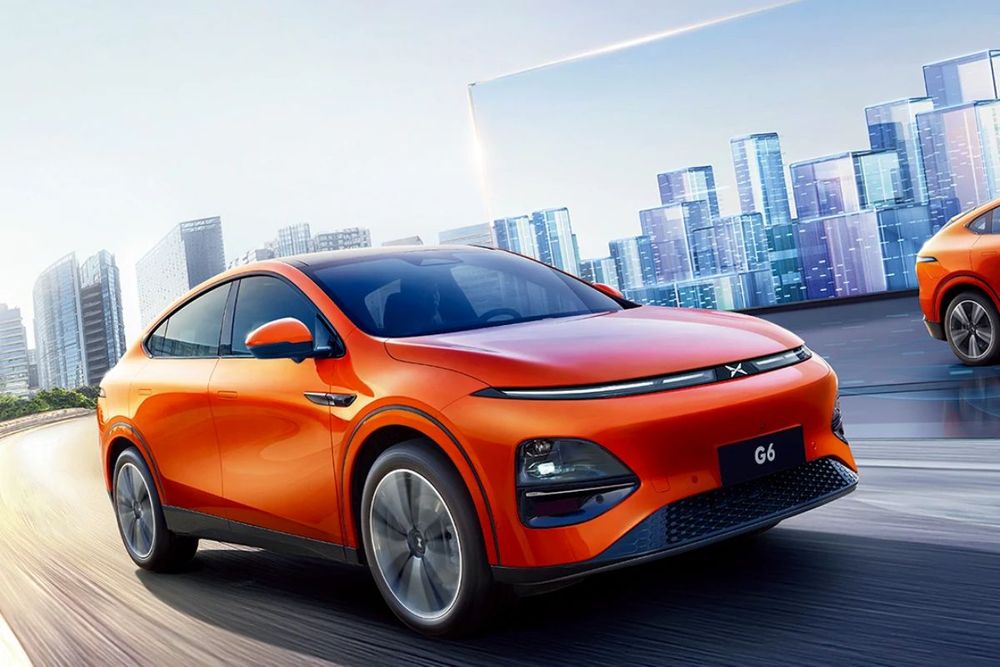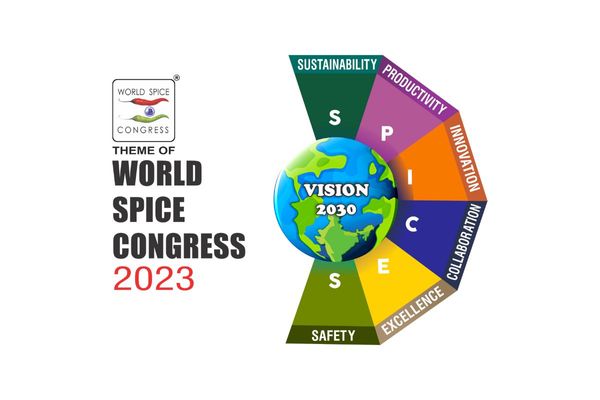In a landmark move to fortify its presence in the Chinese new energy vehicle (NEV) market, Volkswagen Group announced a $700 million investment to secure a 4.99% stake in the Chinese smart EV startup, Xpeng.
Following the transaction's closure, Volkswagen will earn an observer's position on Xpeng's board of directors, making this the first case of a multinational traditional auto enterprise increasing its investment in China's domestic car manufacturing industry. This news sent Xpeng's U.S. stock prices soaring by over 40%.
According to a report by China Economic Net, as the world's only country boasting an annual production and sales volume of 20 million vehicles, China is crucial for Volkswagen. The German carmaker first entered the Chinese market in the early 1980s under the leadership of then-chairman Carl H. Hahn. Through its renowned German brand and diverse product range, Volkswagen quickly established itself in the global auto market, while also contributing to China's automotive industry growth.
However, amidst the ongoing technological and industrial transformations, Volkswagen's growth has stalled in China recently, with last year's annual sales tallying to only 3.18 million units. It seems the carmaker may have underestimated China's NEV development determination and overestimated its value in the Chinese NEV market. Despite a strong demand for electric vehicles, Volkswagen's delivery of pure electric vehicles in China was a meager 62,400 units in the first half of this year, marking a 1.6% decline from the previous year.
Seeing that Volkswagen's technology and products haven't been widely recognized, the company has decided to invest in Chinese car companies like Xpeng. This will allow Volkswagen to gain quicker traction in the NEV market.
Partnering with Volkswagen may prove beneficial for Xpeng too, particularly given the sales slump of its G9 model, which has seen monthly sales drop to around 7,000 units. The Volkswagen investment offers substantial support for Xpeng, countering negative public sentiment. With Xpeng's leading intelligent driving technology in China, Volkswagen is set to gain a significant boost in its intelligent R&D and applications.
In addition to the Xpeng deal, Audi, Volkswagen Group's subsidiary, has also signed a strategic memorandum with its Chinese joint venture partner, SAIC. The collaboration aims to hasten Audi's electric vehicle development. The collaboration is set to launch two Volkswagen-branded electric models in China in 2026, targeting the mid-sized segment. Simultaneously, the partnership between Audi and SAIC will expand their range of fully connected electric vehicles in the premium segment.
The strategic alliances like that of the Abu Dhabi government with Chinese EV startup NIO, Ford's joint venture with Chinese battery producer CATL, Volkswagen's cooperation with Xpeng, and Audi's MOU with SAIC reflect an emerging trend where global companies are increasingly seeking to partner with their Chinese counterparts.
News Source: Emirates News Agency









